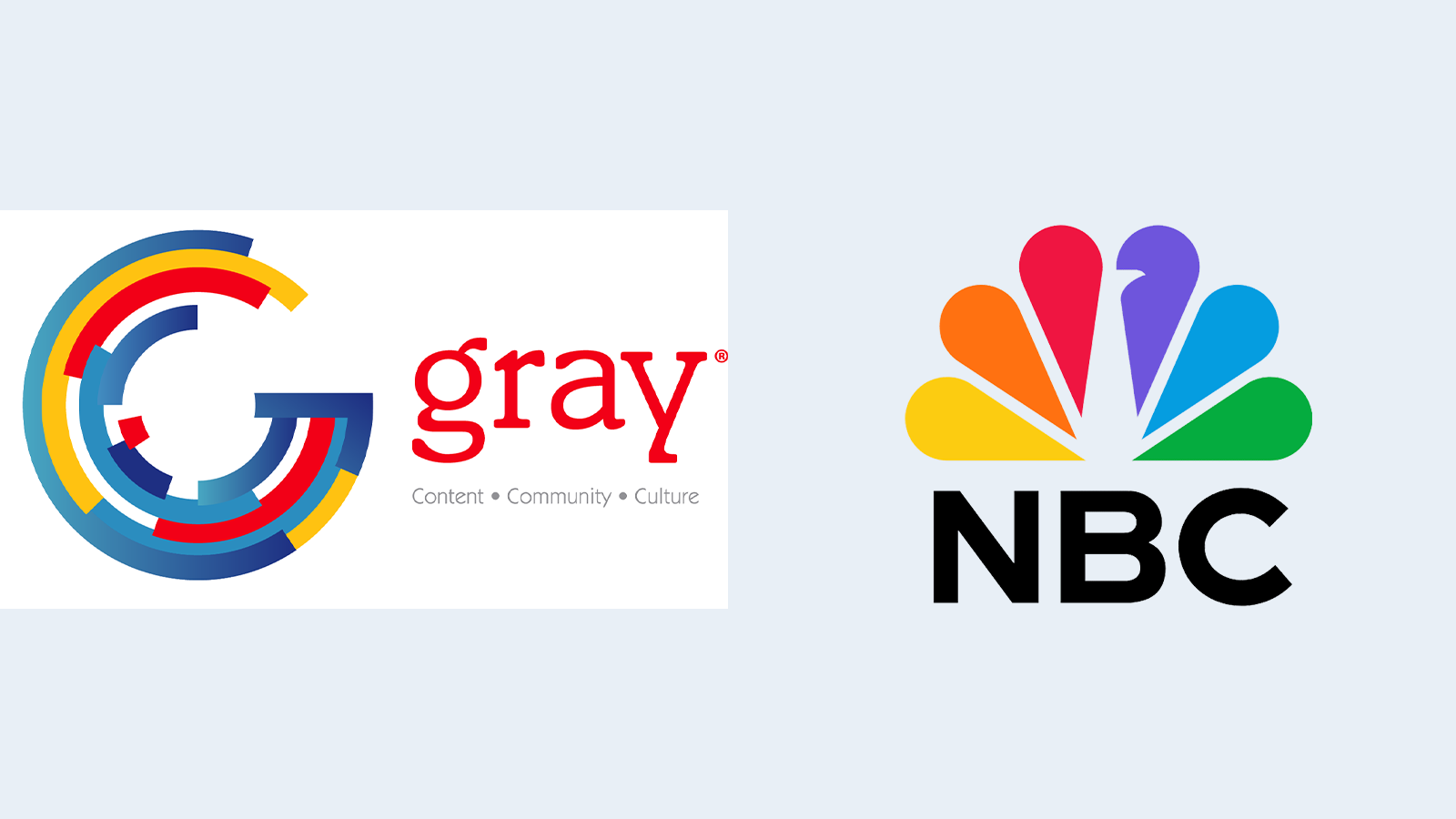PBS Pulls Familiar Multicast Maneuver
Oops, they did it again! Public TV has gone and announced another multicasting deal in the days before an FCC vote multicast must-carry. Just a week shy of the FCC's intention to reconsider the item, PBS and the Association for Public TV Stations unveiled a deal with Verizon for multicast carriage on the telco's new FiOS fiber-optic TV service.
Under the terms of the 10-year deal, every FiOS system will carry every digital multicast of up to three public TV stations within the system's service area, plus the signals of any other noncommercial station that isn't duplicating programming of another carried station. The deal covers local hi-def programming and multicasting. Verizon said it will also carry "all freely available digital data," including public safety warning information. PBS has 348 member stations; FiOS is deployed in areas of seven states.
In January 2005, the APTS announced a 10-year deal with the National Cable and Telecommunications Association for cable carriage of up to four multicast streams from one station in a given market, in addition to that station's analog signal. After the Feb. 17, 2009 analog deadline, the deal calls for upgraded cable systems to carry up to four streams of unduplicated programming from each noncommercial station in a market.
Less than two weeks after the APTS-NCTA deal, the FCC under Michael Powell voted on multicast must-carry. Just about every commissioner cited the deal before upholding the status quo--must-carry for one channel per station.
The vote did not go down without reservations, however. Commissioners Michael Copps and Jonathan Adelstein wanted to see DTV public interest obligations defined and rolled into the multicast must-carry debate. Yet while Copps and Adelstein both voted "ney," Kevin Martin, now chairman, dissented in part on the grounds that additional free programming itself would serve the public interest.
"The commission made a policy judgment that the benefits of this programming were outweighed by the burden on cable operators. I disagree. I think the public would benefit more from more free programming," Martin said, noting that video compression technologies would continue to mitigate the bandwidth demand of multicast carriage.
While the National Association of Broadcasters points out multicasting uses the same 6 MHz that a single analog signal does, the NCTA says every channel won't take up 6 MHz in a digital world; therefore, the debate should not focus on an amount of bandwidth, but on the number of programming streams.
Broadcasters have long contended that without multicast must-carry, small and mid-market stations would go broke, particularly after the full-power deadline for all stations hits July 1. The max power requirement will add close to $1 million in power costs for some stations serving rural states where multiple translators are necessary to reach an entire coverage area. The National Association of Broadcasters has said these stations have no other way to recoup these costs--which are a result of a government mandate--without another government mandate for multicast must-carry and the subsequent ad revenue it would generate.
The item on the June 21 FCC agenda is for a Second Order on Reconsideration and Second Further Notice of Proposed Rulemaking on multicast must-carry. The commission will also revisit its erstwhile media ownership rules. Both are hot-button topics that will comprise incoming Commissioner Robert McDowell's first FCC votes. Although his recent confirmation rounded out the Republican majority on the FCC, insiders said it was not certain whether or not he would toe the party line.
The professional video industry's #1 source for news, trends and product and tech information. Sign up below.
